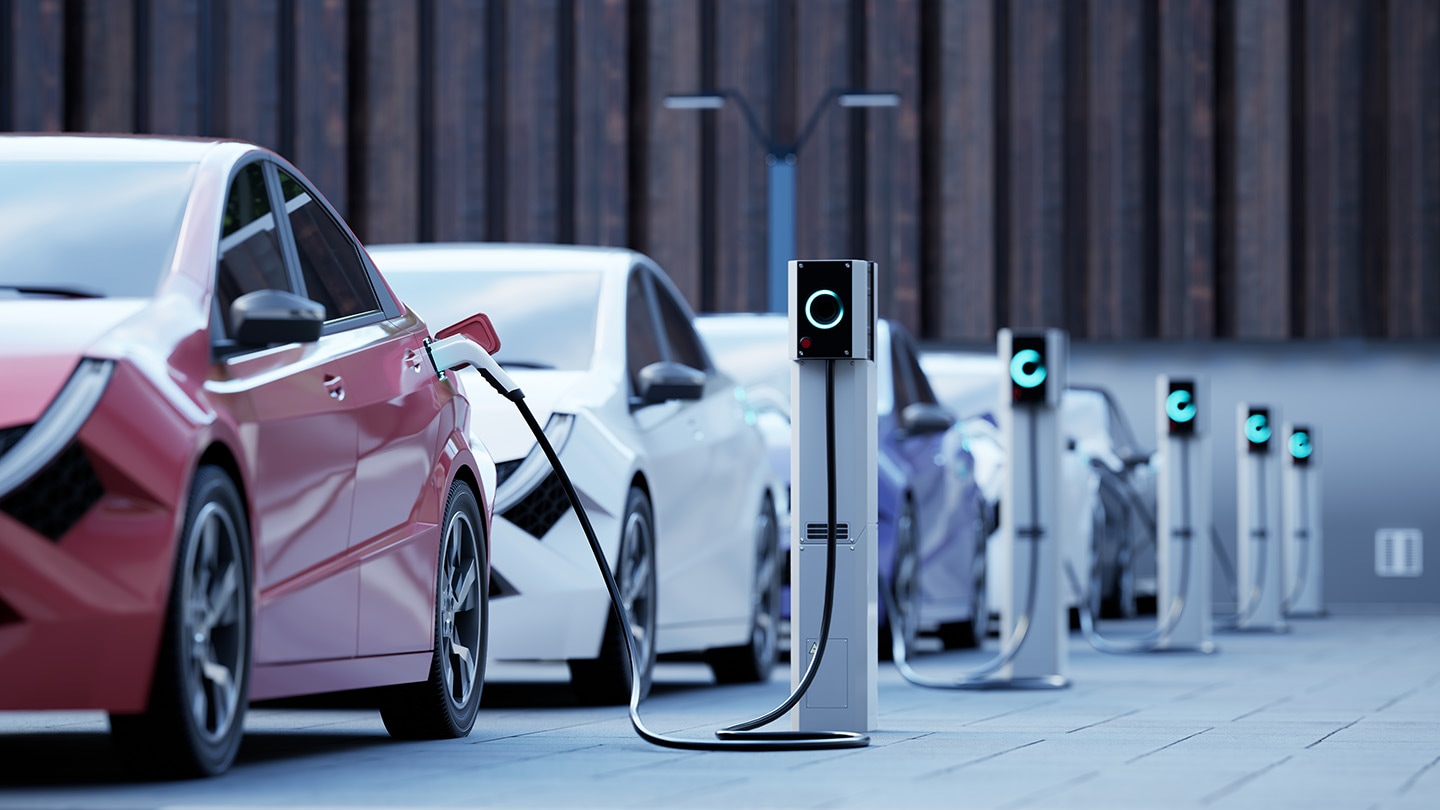BMW

How is the production process of the BMW iX5 Hydrogen model
The manufacture of this small series of hydrogen vehicles is being carried out in the pilot plant of its Munich Research and Innovation Center (FIZ). The first Sports Activity Vehicle (SAV) in history with hydrogen fuel cell technology has already completed an intensive testing program under demanding conditions during the development phase and will now be used as a technology demonstrator for carbon free mobility locally in selected regions from spring 2023 onwards.
“Hydrogen is a versatile energy source that plays a key role in moving towards climate neutrality,” says Frank Weber, Member of the Board of Management of BMW AG in charge of Development. “We are confident that hydrogen will become very important for individual mobility and therefore we believe that a mix of electric propulsion systems with batteries and fuel cells is a sensible approach in the long term. Fuel cells also do not require critical raw materials such as cobalt, lithium and nickel, so by investing in these types of propulsion systems we are also strengthening the geopolitical resilience of the BMW Group. Our BMW iX5 Hydrogen test fleet will allow us to gain valuable new knowledge, which will allow us to present customers with an attractive product range once the hydrogen economy becomes a widespread reality.”
The BMW iX5 Hydrogen is being built at the BMW Group's pilot plant at its Research and Innovation Center in Munich. This is the interface between development and production, where each new model of one of the company's brands is manufactured for the first time. Around 900 people work there in the body shop, assembly, model engineering, concept vehicle construction and additive manufacturing. Each of them works on up to six vehicle designs simultaneously and is responsible for ensuring that both the product and the manufacturing process are ready for series production. In the case of the BMW iX5 Hydrogen, experts in hydrogen technology, vehicle development and initial assembly of new models collaborated closely to integrate state-of-the-art propulsion and energy storage technology.
“The production of the BMW iX5 Hydrogen and the fuel cell systems developed by BMW demonstrates our supreme flexibility and our unrivaled know-how in the field of small-scale manufacturing,” says Milan Nedeljkovic, Member of the Board of Management of BMW AG, responsible for of production. “It demonstrates that we already have the expertise to integrate hydrogen technology into the BMW iFACTORY production system as an additional type of propulsion,” he added.
The BMW Group plant in Spartanburg, USA, supplies the base vehicles for the hydrogen model, which were developed on the platform of the BMW X5. In the bodywork shop at the pilot plant, they are fitted with a new floor assembly that makes it possible to house the two hydrogen tanks in the central tunnel and under the rear seat group. Model-specific 12V and 400V electrical systems, high-performance battery, electric motor and fuel cell are integrated during the assembly phase along with standard production parts. The electric motor, located in the rear axle area together with the high-performance battery, is a product of the current fifth-generation BMW eDrive technology, which is also used in BMW's battery electric and plug-in hybrid models. The fuel cell systems located under the bonnet of the BMW iX5 Hydrogen have been manufactured since August this year at BMW's in-house competence center for hydrogen in Garching, north of Munich.
Numerous components are produced exclusively for the hydrogen SAV, including some manufactured at the Additive Manufacturing Campus – the BMW Group's competence center for 3D printing – which is also part of the pilot plant. The BMW iX5 Hydrogen goes through all the usual production steps, starting with the body shop, through the paint shop and assembly, before ending with a final inspection of each vehicle. Each vehicle then undergoes an exhaustive function check at the BMW Group test center in Aschheim.
The BMW iX5 Hydrogen combines all the benefits of a drive system with no local emissions with extraordinary day-to-day use and long-distance capability. This makes its hydrogen fuel cell technology an attractive complementary alternative to the battery electric propulsion system. This is especially relevant for customers who need to make short refueling stops and have great autonomy, as well as for regions that still do not have an adequate charging infrastructure.
Autonews




Nenhum comentário:
Postar um comentário